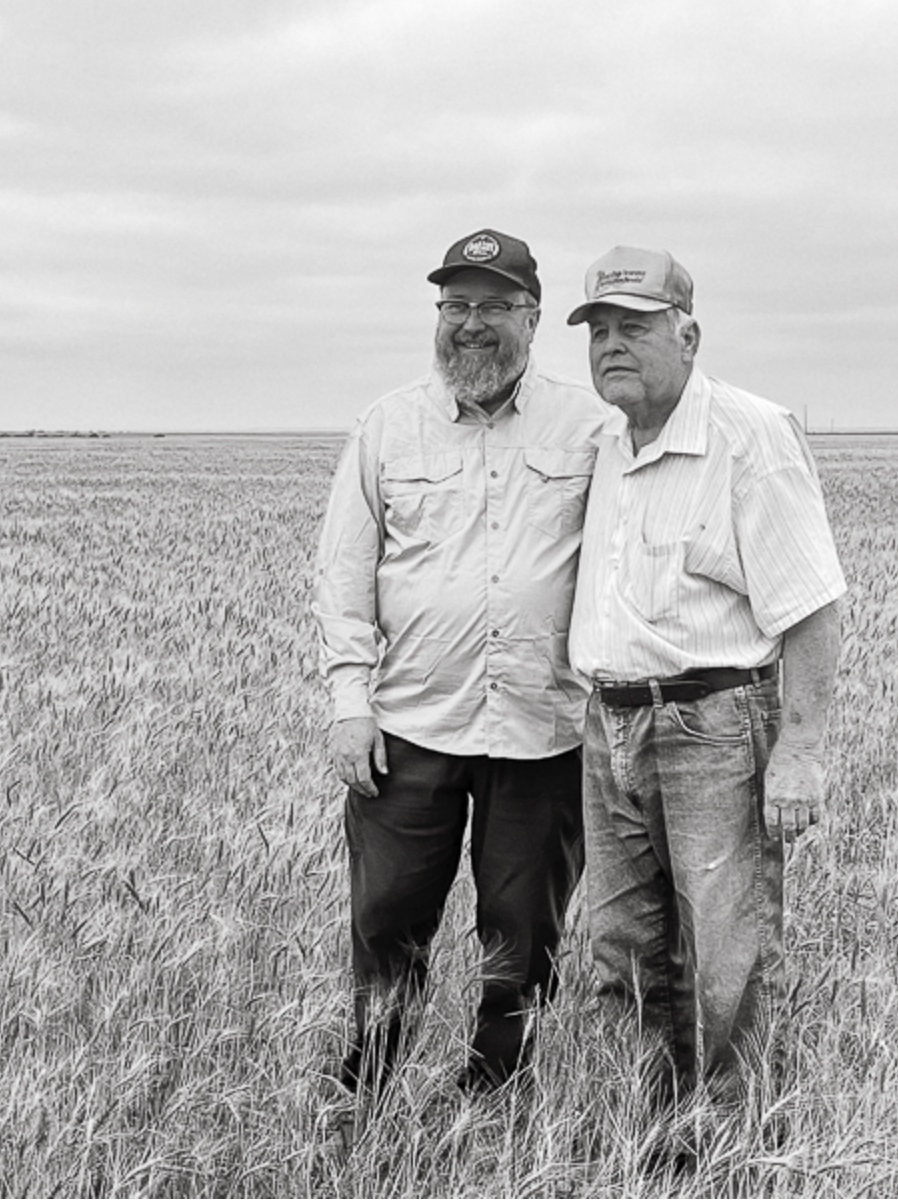Your Cart is Empty
I have been using Rouge de Bordeaux in most of my breads lately . Mixed with rye in boules, added to pita, pain de campagne, anywhere I can , really . It adds a real earthy rich flavor and the crust is a lovely golden brown too. Love it . 😍
Stone-Milled All-Purpose Flour - Premium Blend (Certified Organic)
No Going Back!
My wife bought me a grain mill for Christmas several years ago. I have been baking sourdough since 1978, but never used freshly ground flour before. I discovered your company after reading about it on the Perfect Loaf website. I have now baked 6 loaves, using fresh ground flour in both the starter and the dough. Friends and family declared it the best I have ever done! It has made a difference in taste, texture, crumb and oven spring! I will never go back to straight commercial flour. Great stuff!






